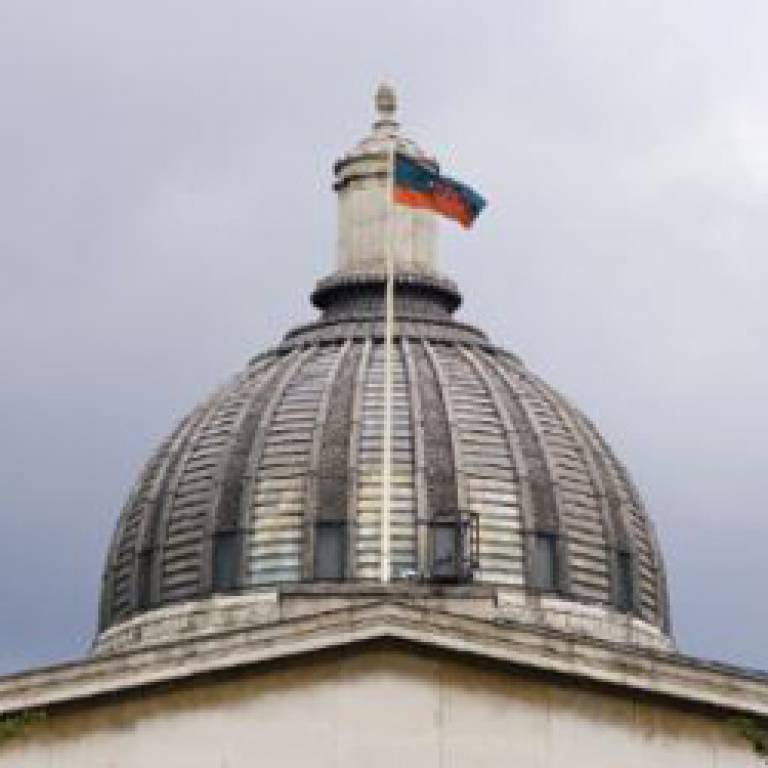UCL: Productive and influential
2 October 2007
A new study shows that UCL is the second most productive European university (after the University of Cambridge) and the third most highly cited.

The Centre for Science & Technology Studies (CWTS) at Leiden University, the Netherlands, examined the 100 largest European research universities' 1997-2004 performance in the Thompson Scientific Citation Index, which catalogues journal articles in the sciences, social sciences, and arts and humanities.
The study found that UCL produced 36,349 publications, which attracted 346,028 citations.
Professor David Price, UCL Vice-Provost (Research), commented: "The volume of our publications in peer-reviewed journals reflects the excellence and productivity of our research activity. However, it is not enough for our research to be voluminous, or even excellent - it must have an impact on the world. The purpose of UCL's research is to address the world's grand challenges in global health, sustainability of the urban environment, intercultural understanding, and wellbeing and ageing. Publication is one significant process through which our work gains impact, and citations are a useful measure of that impact. This study makes clear the extent to which our activity is setting the agenda for research worldwide."
To find out more about the study, use the link at the top of this article.
Related news items
A 2006 CWTS and RAND Europe study found that, among English universities, UCL is the most cited by health researchers. That analysis, undertaken for the government's Department of Health, helped to identify candidate biomedical research centres as part of the UK research and development strategy, 'Best Research for Best Health'. Subsequently, the Department of Health announced that UCL is to be academic partner in one of five new Comprehensive Biomedical Research Centres and two of six new Specialist Biomedical Research Centres.
A research paper co-authored by Professor Katherine Homewood (UCL Anthropology) was recognised in 2005 as one of the most highly cited in its field.
A UCL-designed research paper was named one of 2005's Red-Hot Research Papers by Thomson Scientific. The top-cited cancer paper was the ATAC study into breast cancer, which was in tenth place overall for the whole of medical science.
In 2007, Thomson Scientific declared Visiting Professor John Birks (UCL Geography) to be the world's sixth most-cited geoscientist.
 Close
Close

